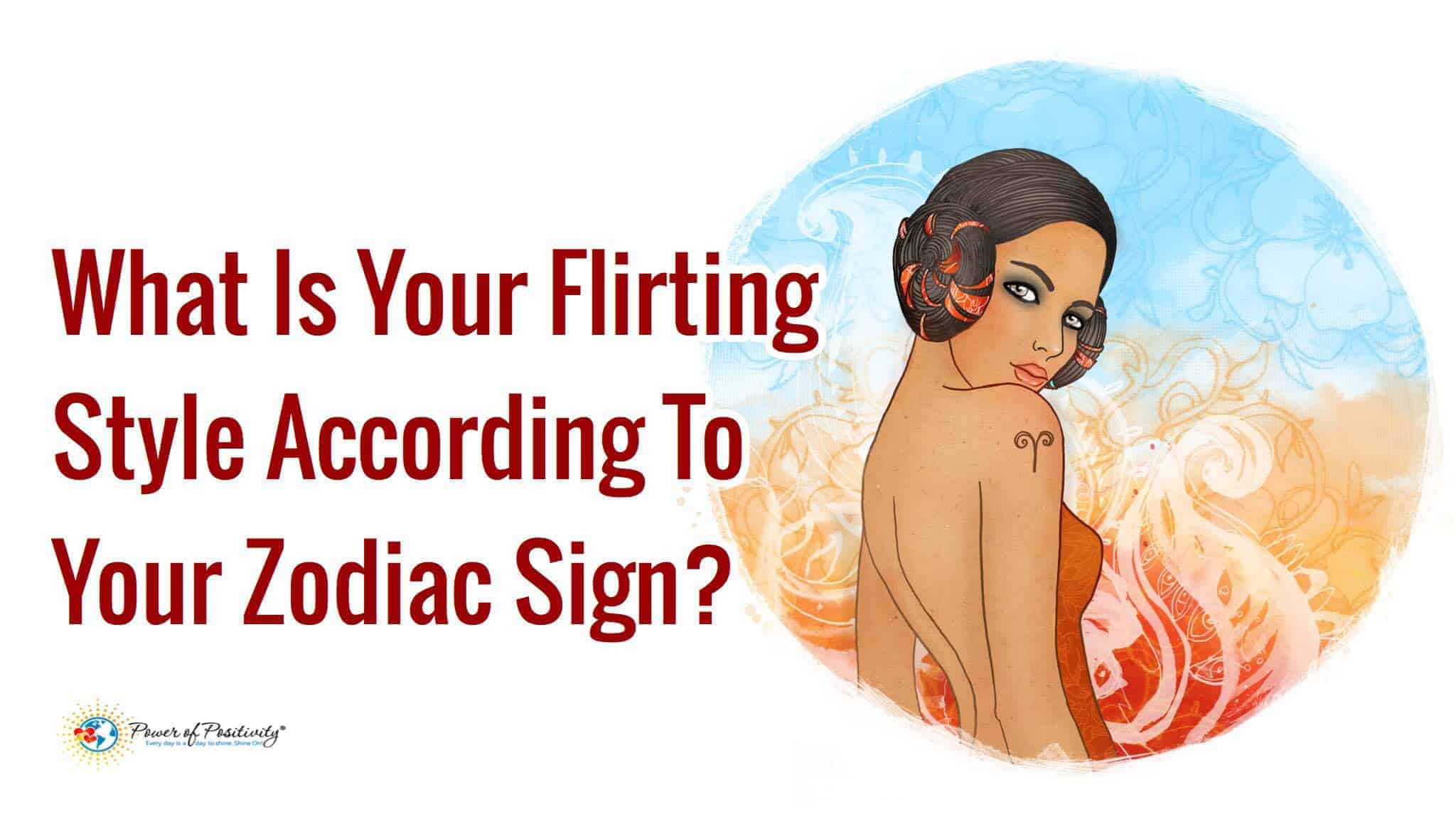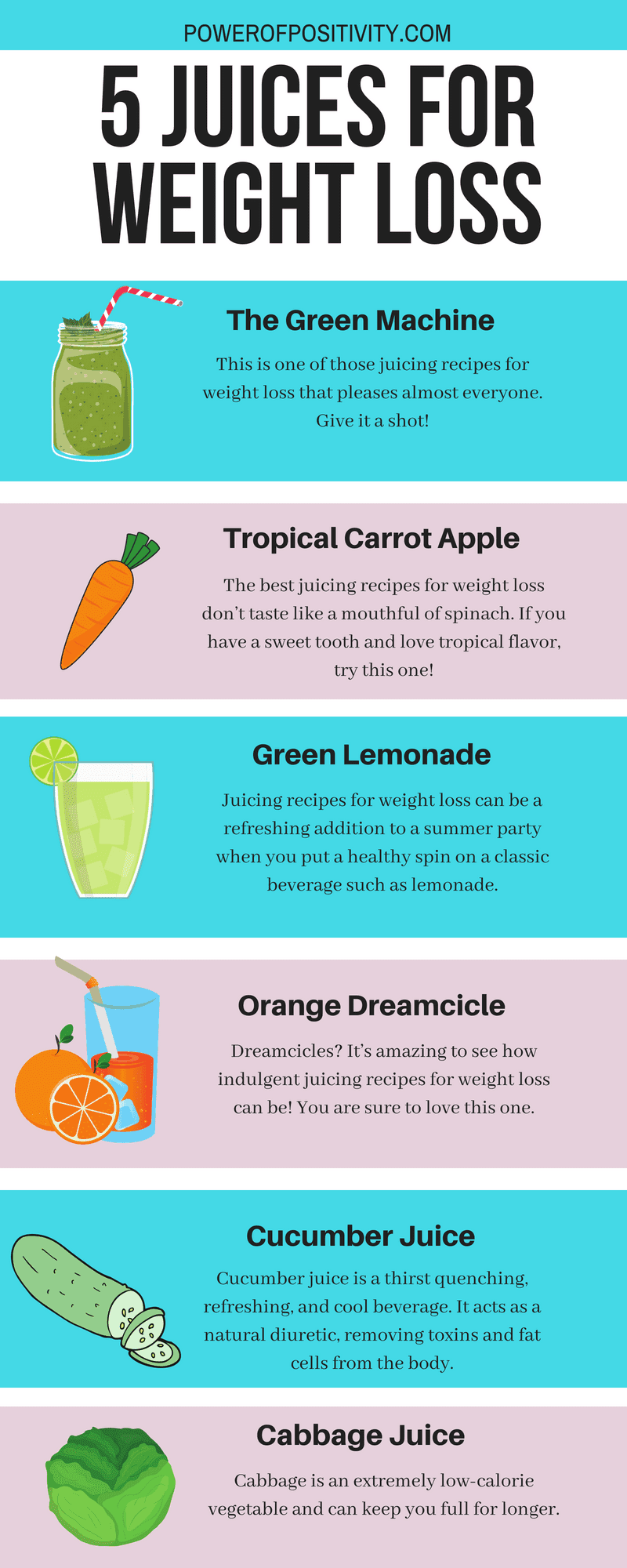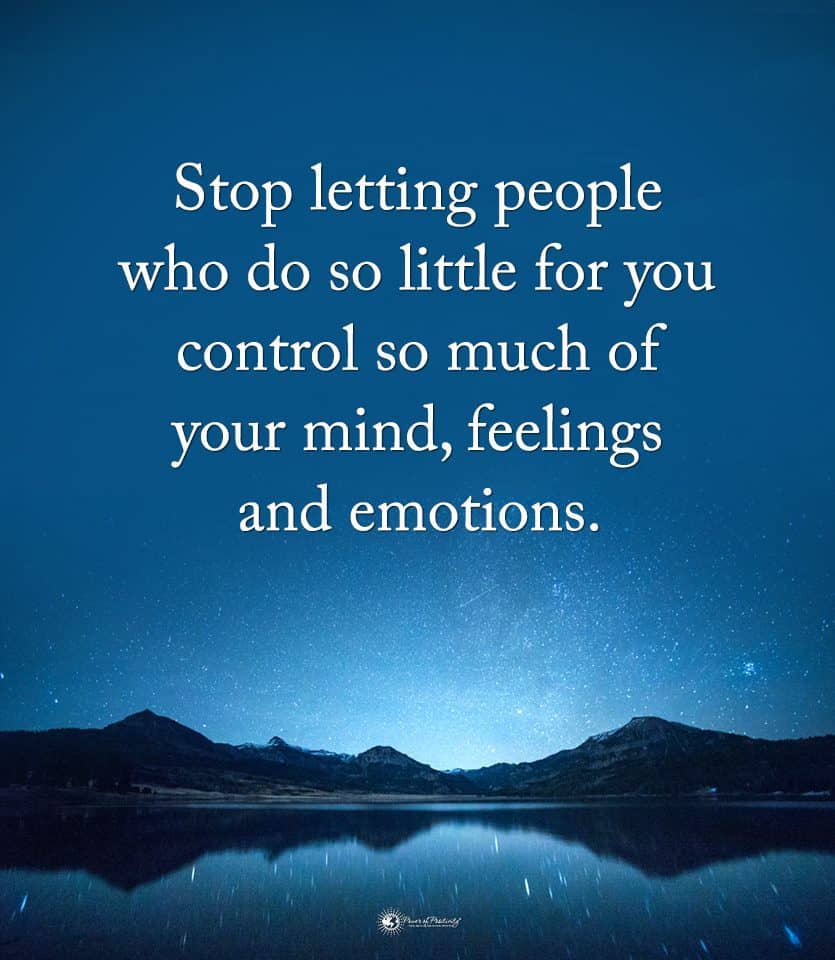Everyone feels sad or irritable once in a while, but you know how debilitating it can be for your life if you suffer from a mood disorder. Mood disorders affect your ability to function at school, home, or work. If you struggle with a mood disorder, you may be low in certain nutrients.
Although eating foods rich in these nutrients won’t cure your mood disorder, they may help you feel better. Here are some nutrient deficiencies that can contribute to mood disorders.
What are the five common mood disorders?
Doctors use the term mood disorder to describe several types of depression and bipolar disorders. People of all ages have mood disorders, and the symptoms can differ depending on your age. So if this sounds like you, know that you are not alone.
These disorders can be difficult to diagnose, especially in kids.
The National Alliance on Mental Illness identifies dozens of various mental health disorders.
However, some of the most commonly diagnosed types of mental illnesses include these mood disorders:
- Depression: This type of depression affects all your activities. You may feel hopeless and sad for extended periods of time.
- Dysthymia: This is depression mixed with irritability. To be diagnosed with this disorder, it must last more than 2 years.
- Bipolar disorder: If you have bipolar disorder, you’ll have different periods of elevated moods and depression.
- Certain health conditions: Health problems can lead to mood disorders such as cancer, infection, chronic illnesses, or severe injuries that can trigger mental health problems.
- Substance-induced mood disorder: This is a mood disorder that resulted from drug abuse, alcoholism, toxin exposure, or effects of medication.
Who suffers from mood disorders?
Mood disorders and mental illnesses span across the entire globe. The National Institute of Health says that approximately 9.7% of adults in the United States have a mood disorder. Females were more likely to suffer from a mood disorder than males.
Can nutrient-deficient cause mood disorders?
Poor nutrition affects your overall health. Eating a diet high in fats, sodium, and processed foods will make you feel tired and sluggish.
This makes you feel worse if you already struggle with a mood disorder. Your diet plays a huge role in your good gut and brain health, which doctors say are connected to some disorders like depression. Because nutrient deficiency can lead to mental health issues, it’s good to know which vitamins and minerals you should include in your diet to help your mood disorder.
But here’s the excellent news–you can reverse these nutrient deficiencies by learning the root cause. Let’s take a look.
Nine nutrient deficiencies that can affect your mood disorder
Your family doctor can test you for these nutrient deficiencies. These vital data can help you plan how to recover and reclaim your mental health.
1 – Zinc
If you struggle with a mood disorder, you may experience waves of sadness and anxiety. In 2020, researchers noted a “significant connection” between zinc and depression.
Zinc is an essential mineral that helps your body’s immune system fights viruses and bacteria that attack your body. Your body also uses zinc to create protein and DNA in your cells. Studies have also found that people who lack zinc are more prone to depression and mood disorders.
Adding zinc to your diet might be what the doctor ordered to help reduce your depression symptoms. Eating foods high in zinc may help you find relief. Try adding these foods to your diet.
- Oysters
- Beef
- Crabs
- Beans
- Nuts
- Whole grains
- Dairy products
- Mushrooms
- Spinach
- Broccoli
- Kale
- Garlic
Most of your daily zinc intake should come from the foods you eat, so read food labels to find the foods highest zinc. You may want to add a zinc supplement to your diet to help you fight your mood disorder. Adults should take no more than 40 mg. a day.
Be careful if you’re already taking medications. The zinc may interact with them. Ask your doctor before you add a supplement to your diet if you’re on medication.
Other benefits of zinc include:
- Keeps your skin healthy
- Fight off colds by boosting your immune system
- Fights off macular degeneration
- Fights diarrhea
- Healing of wounds
2 – Omega-3 fatty acids
Mood disorders can be debilitating, so it’s important to eat foods that give you the best nutrition to help your body. Omega-3 fatty acids are powerful anti-inflammatory resources. Studies show that omega-3 fatty acid deficiencies contribute to mood disorders.
Omega-3 fatty acids eicosapentaenoic acid (EPA) and docosahexaenoic acid (DHA) are important fatty acids. Your body doesn’t make these fatty acids, so you need to eat a diet high in certain foods.
Besides mood disorders, eating foods high in omega-3 fatty acids helps reduce your chances of having inflammatory diseases such as high blood pressure, type 2 diabetes, rheumatoid arthritis, Crohn’s disease, ulcerative colitis, lung disease, and kidney disease.
Over the past couple of decades, researchers have realized the important role of omega-3 fatty acids benefits for those suffering from all kinds of mood disorders such as these:
- Anxiety disorders
- Obsessive-Compulsive Disorder
- Attention Deficit Hyperactivity Disorder
- Border-Line Personality Disorder
- Substance dependence
- Anorexia Nervosa
Good food sources of omega-3 fatty acids include:
- Salmon
- Tuna
- Herring
- Flaxseeds
- Chia seeds
- Walnuts
- Pumpkin seeds
- Leafy greens
If you’re low in omega3 fatty acids, you may have other health problems such as the following:
- Extreme tiredness
- Joint pain and cramping
- Allergy symptoms
- Heart problems
- Skin, hair, and nail problems
- Women can have menstrual cycle problems.
Researchers aren’t sure if taking a fish oil supplement is as beneficial as eating foods high in these nutrients.
3 – Vitamin D
Some call Vitamin D the sunshine vitamin because the sun’s rays are a great source of this vitamin. Vitamin D helps individuals with mood disorders and other types of depression. Studies found that individuals who suffer from depression have fewer vitamin D levels than other people. Your body gets vitamin D from sunshine, and certain foods, including the following:
- Cod liver oil
- Cheese and dairy foods
- Egg yolks
- Fatty fish such as mackerel, salmon, or tuna
- Beef liver
Try taking a vitamin D supplement every day to boost your levels. Be sure to buy a good quality brand of vitamin and keep your does at around 600 to 800 IU per day. Too much vitamin D will cause nausea.
4 – Vitamin B12
Nutrient deficiencies can distort your moods, causing you to feel sad and irritable one minute and happy. It may feel like there’s nothing you can do to control your emotions.
In fact, a 2016 study noted a possible link between Vitamin B12 and the neural pathways in the brain leading to depression.
Fortunately, many nutrients can help you find relief from mood disorder symptoms. B-12 vitamins and folate are two important vitamin-mineral combinations that can help you feel better. Add foods that are rich in these nutrients, including these:
- Eggs
- Dairy products
- Seafood
- Fortified cereals
Like all vitamins and minerals, it’s best to get these from your food. If you can take a supplement, be careful not to take too much. If you take too much, B 12 can have an adverse effect causing anxiety, worry, and restless sleep.
 5 – Folate
5 – Folate
Similar to vitamin B12, folate is essential to help fight mood disorders like anxiety. Choose foods rich in folate to boost your levels, such as
- Brussels sprouts
- Leafy greens such as kale, spinach, and collard greens
- Beans like pinto beans, kidney beans, or chickpeas
- Fortified cereals
- Citrus fruits
6 – Iodine
Iodine is essential for the proper function of your thyroid gland. Low iodine levels can cause thyroid problems, leading to mood swings and your metabolism not working well. Kids that don’t get enough iodine have poor brain development.
Fortunately, in the United States, iodized table salt has iodine added to it to guard against low iodine levels in kids and adults. If you don’t use table salt, you’ll need to develop a way to increase the iodine levels for your family. Add foods to your diet that contain iodine, like these:
- Tuna
- Seaweed
- Shrimp and other seafood
- Dairy products like cheese, milk, and yogurt
7 – Protein
Your body needs protein to function properly. Protein contains important amino acids that promote good brain health. Amino acids have been found to help treat depression. Add protein-rich offerings to your diet, such as these five foods:
- Chicken
- Beef
- Dairy products
- Nuts and seeds
- Beans and legumes
Try to add more protein like plant or meat protein to your diet to improve your moods and emotions. Lack of protein has been linked to disorders like
- Depression
- Anxiety disorders
- ADHD
- Epilepsy
- Certain types of autism
8 – Iron
Low levels of iron can also affect your mood, according to an article in BMC Psychiatry. To avoid certain types of depression and mood disorders, try to add these iron-rich foods to your diet, including
- Lean meats
- Fruits like raspberries and dried apricots
- Chicken and turkey
- Seafood
- Legumes like peas and green beans
- Nuts and seeds
- Beans
- Whole grains
- Leafy greens like spinach, asparagus, and leeks
As always, it’s best to get your iron from the foods you eat. You can take an iron supplement, but taking too much can result in constipation and other problems.
9 – Selenium
Low levels of selenium can worsen your mood. It’s an important nutrient for good thyroid health, DNA production and acts as an anti-inflammatory. If you’re low in selenium, you will have poor brain function. Add selenium-rich foods to your diet every day, including foods like
- Poultry
- Eggs
- Dairy products
- Seafood
- Beef
You shouldn’t take selenium supplements unless recommended by your doctor because of the risk of selenium toxicity.
Final thoughts on the nine nutrient deficiencies that might cause mood disorders
Mood disorders can change your life, making it hard for you to function at work, school, and home. If you suffer from a mood disorder, you know the challenges of learning how to live with it. If you have a mood disorder, be sure to get the help you need, plus add these important nutrients to your diet. Although they won’t eliminate your mood disorder, they can help with some of your symptoms.
Try to avoid a diet high in sugar, fat, or processed foods. This type of food makes you feel sluggish and tired, which will only add to your mood disorder’s struggles. Eating a healthy diet, exercise and finding helpful counseling can all be tools to help you feel better and lead a happier life.












